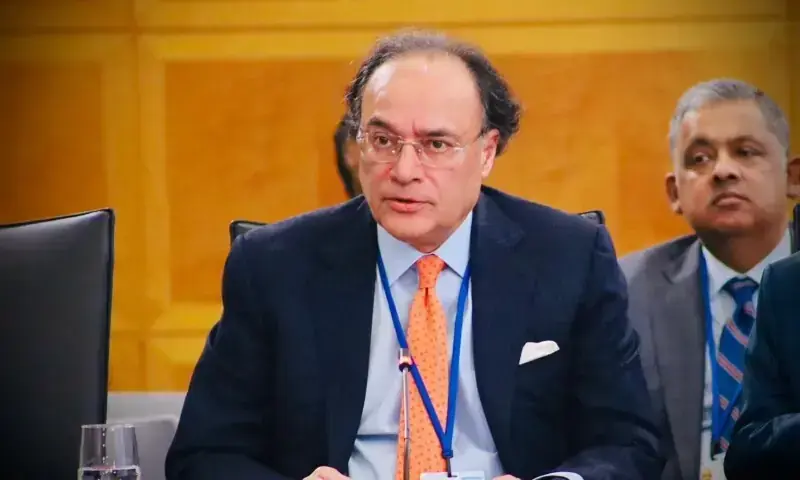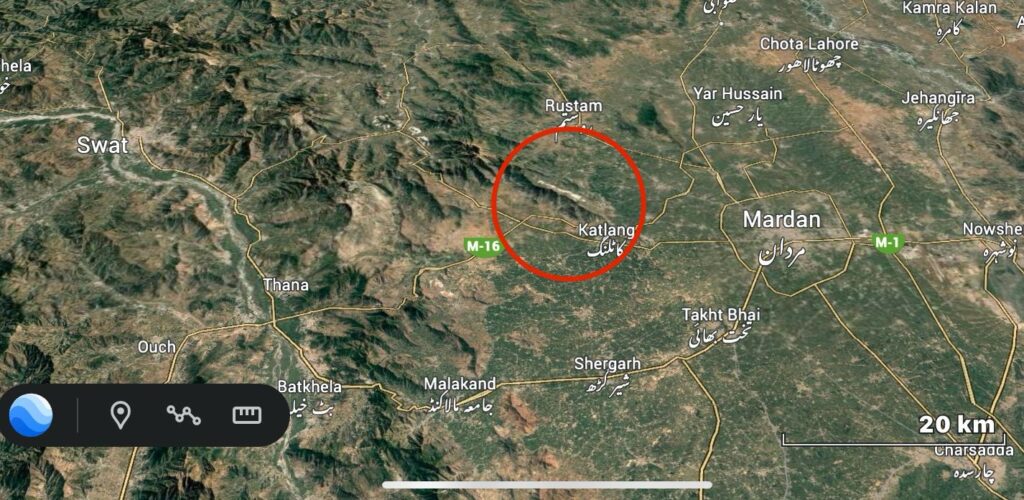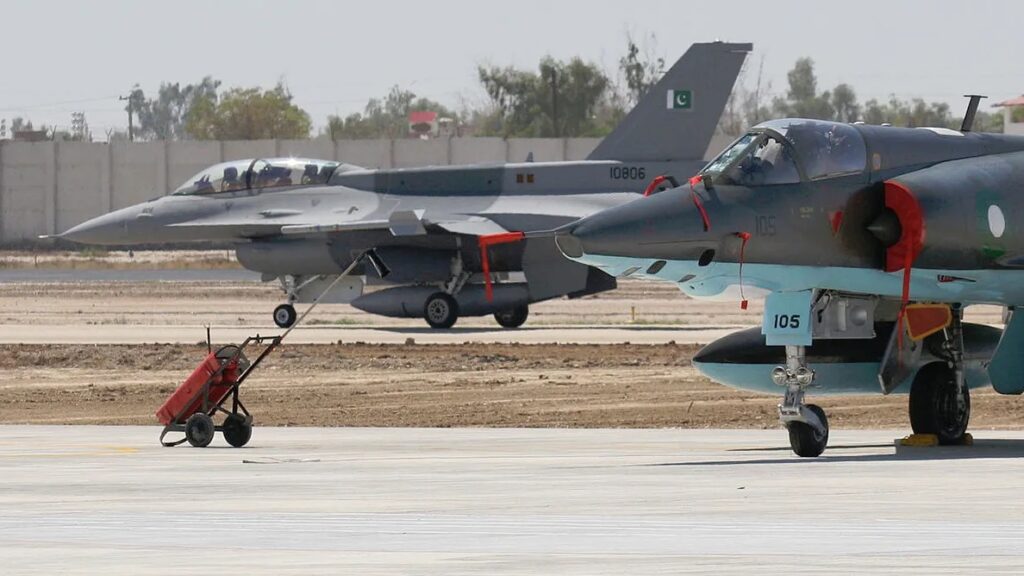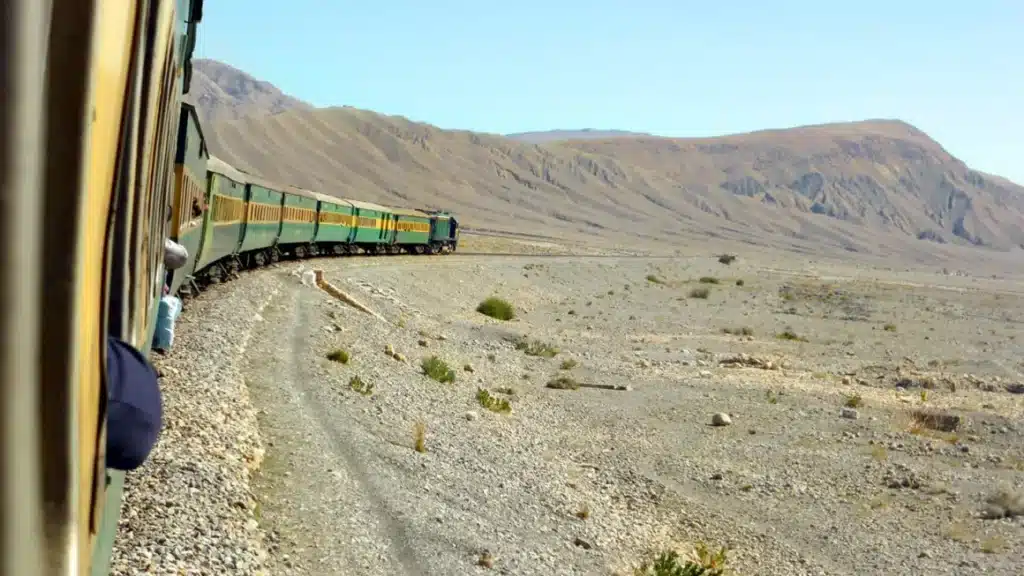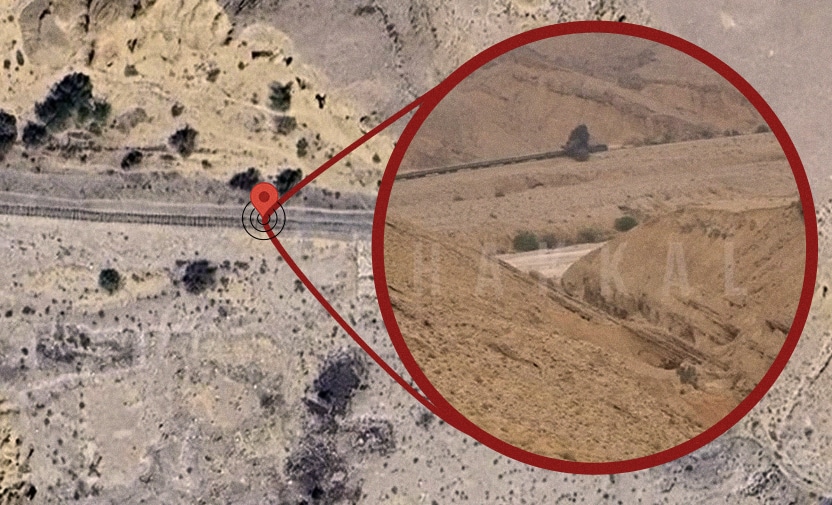ISLAMABAD: The federal government has again rescheduled the inaugural meeting of the 11th National Finance Commission (NFC), now set for Dec 4. The session will establish the basic framework for later technical, financial and legal talks on sharing resources between the Centre and the provinces.
Notices sent to the provinces say the meeting, chaired by Finance Minister Muhammad Aurangzeb, will take up three agenda items. It will open with general discussions on the strategy for the 11th NFC award and the formation of sub-groups for thematic areas.
Each provincial government and the Ministry of Finance will then give a 10-minute presentation on their fiscal positions. The commission will also set the schedule and timelines for future NFC meetings, which are expected in Islamabad and all provincial capitals.
Sources told Dawn that the finance ministry first issued notices for a Dec 3 meeting but changed the date the same day. The 11th NFC was formed on Aug 22 to draft a new formula for sharing federal divisible resources between the Centre and the provinces.
The first sitting was originally planned for Aug 27, then delayed to Aug 29. It was later postponed at Sindh’s request due to flood-related work. The meeting was again pushed from Nov 17 to Nov 18 and then deferred by the Prime Minister’s Office.
The NFC, headed by Aurangzeb, includes the four provincial finance ministers and four non-statutory members.
The commission’s terms of reference under Article 160 require it to recommend the distribution of net proceeds from key federal taxes. These include income taxes (excluding remuneration paid from the Federal Consolidated Fund), capital value tax, corporation tax, sales taxes on goods, export duties, excise duties, and any other taxes the president may specify. The NFC must also advise on federal grants to the provinces.
The new NFC will review issues related to shared financial burdens for provincial subjects, expenses on transnational matters, and joint funding for major national projects.
Following IMF suggestions, the Centre wants provinces to share costs for frequent natural disasters, some national health programmes and large infrastructure such as dams, highways and motorways. It also seeks to shift from a population-based distribution formula to one tied to social-sector performance and active local governments.
The NFC will further propose rules for federal and provincial borrowing and assess funding needs for Azad Jammu and Kashmir, Gilgit-Baltistan and the merged districts of Khyber Pakhtunkhwa.
Under the 7th NFC award, announced in 2009 and extended to 15 years, the provincial share in the divisible pool rose from about 47pc to 57.5pc. Later adjustments raised it to around 59pc, cutting the federal share to 42.5pc. However, the Centre offset this by imposing a petroleum levy of around Rs1.5 trillion and drawing roughly Rs1.5tr from provincial cash balances.
Provinces, meanwhile, fell short of their pledge to raise own-source revenue by 0.5pc of GDP annually. The Centre also failed to meet its target of increasing federal revenue by one per cent of GDP each year.
The federal government has lowered its growth forecast for the current year by up to 0.7 percentage points to 3.5pc due to flood losses.
The finance ministry, the armed forces and the IMF have all urged a rebalancing in favour of the Centre. The Constitution, however, bars any reduction in provincial shares under an NFC award. A new award must be approved by consensus among the Centre and all four provinces.
Provinces currently receive shares based on population, poverty, revenue collection and inverse population density. Punjab gets 51.74pc, Sindh 24.55pc, KP 14.62pc and Balochistan 9.09pc.
Prime Minister Shehbaz Sharif is expected to consult coalition leaders before the meeting, though he has no formal role in the commission.
The government earlier planned to revise NFC parameters through the proposed 27th Constitutional Amendment, which sought to cut provincial shares and reclaim some devolved subjects such as education and population. It later withdrew the plan in a political deal with the PPP to prioritise amendments related to the armed forces and judiciary. The prime minister, however, continues to signal ongoing discussions with the PPP on the NFC.

